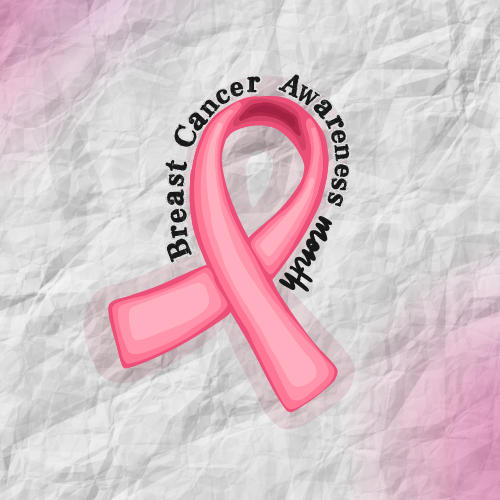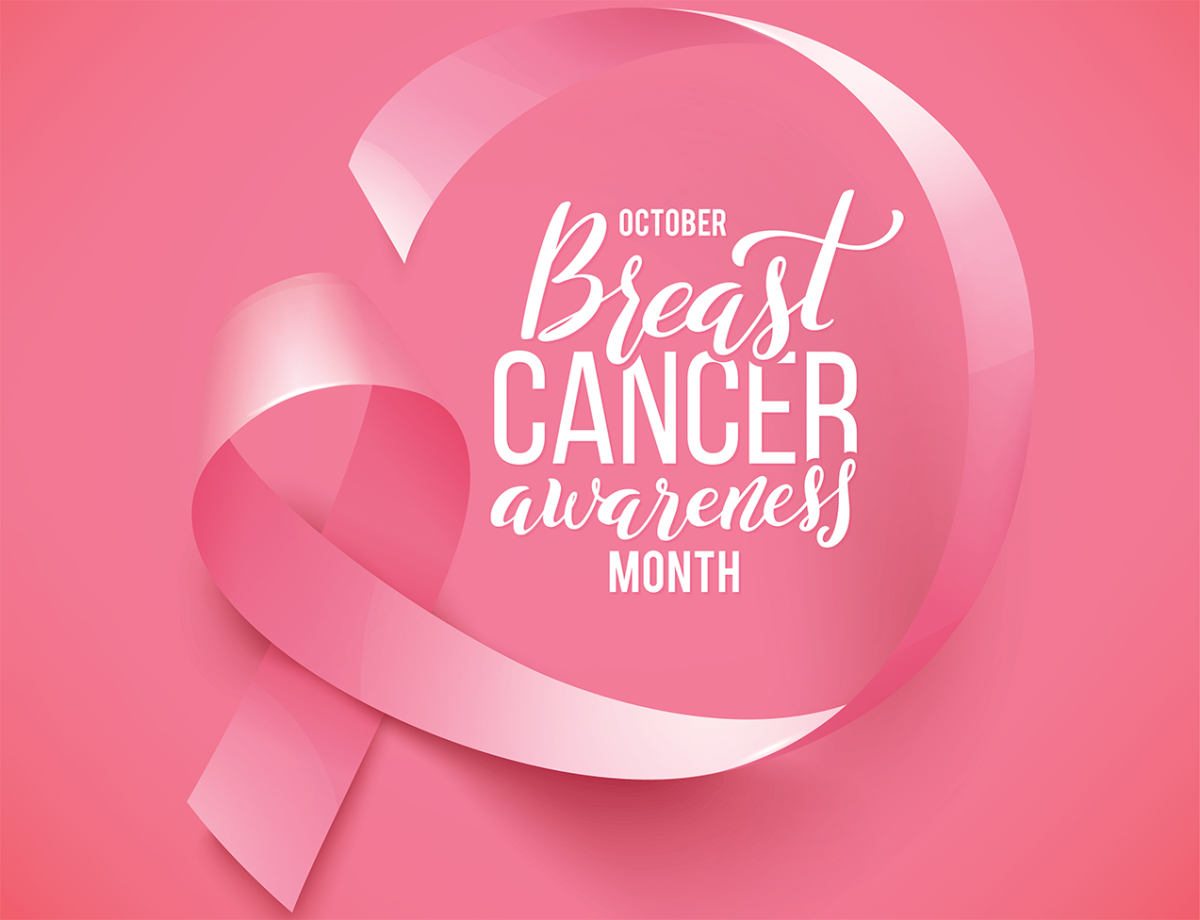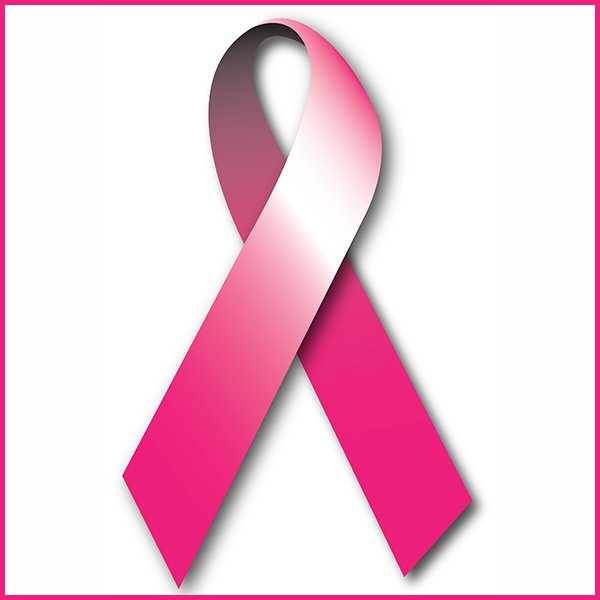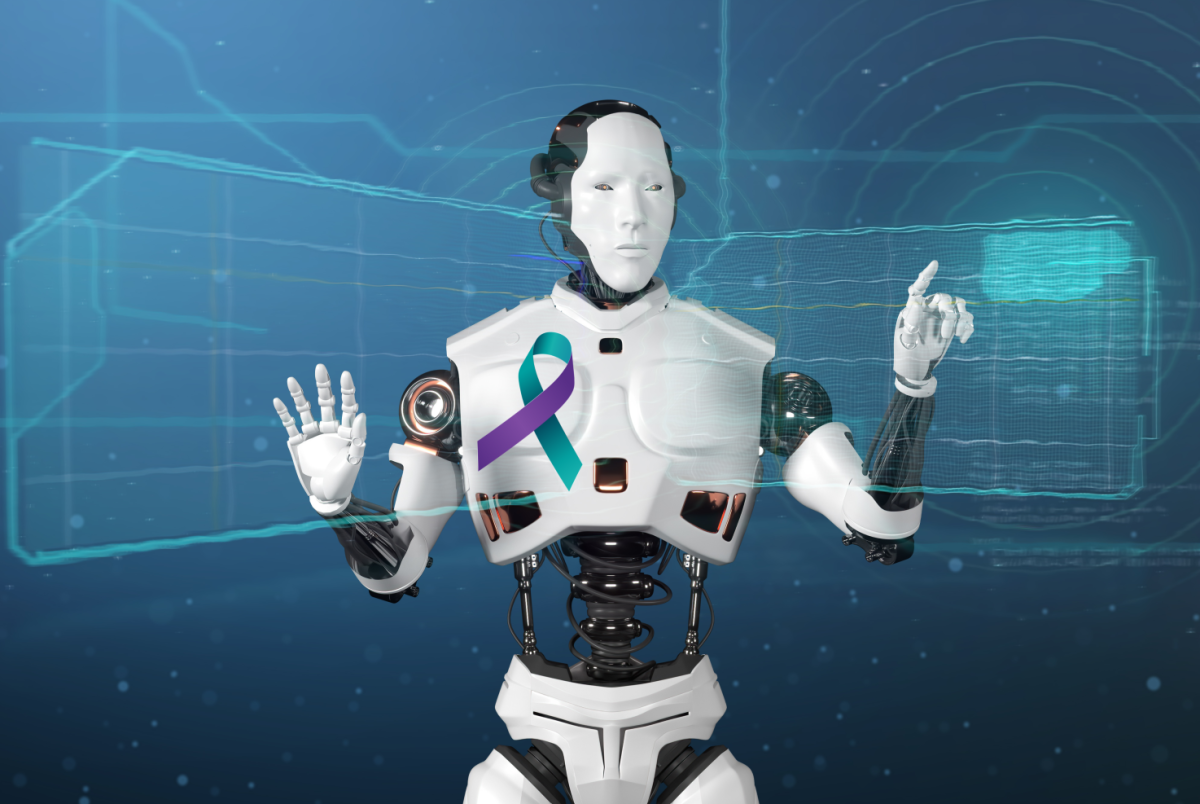Every October, we unite to raise awareness about a disease that affects our mothers, sisters, friends and even ourselves: breast cancer.
This month, known as Breast Cancer Awareness Month, is a crucial opportunity to reflect on the importance of early detection and prevention of this disease, which affects 1 in 8 women in the United States, according to the American Cancer Society. This makes it the most common cancer diagnosed in women in the United States.
Oct. 19 was World Breast Cancer Day, a date with special emphasis on raising awareness about this type of cancer, which affects millions of women daily, especially those over 40. In addition, it is one of the leading causes of cancer-related deaths worldwide.
Breast cancer is a disease where abnormal cells in breast tissue multiply uncontrollably, forming tumors that, if left untreated, can spread throughout the body and become fatal. Early detection is key to reducing long-term consequences and treating cancer before it causes further damage. It’s not just about understanding the numbers, but about being proactive.
One of the most accessible methods to detect changes in the breast is the monthly self-exam. Here’s a brief guide from the American Cancer Society on how to do it correctly:
In front of a mirror: Check for any changes in the size, shape color of the breasts, swelling or skin alterations. Raise your arms and see if there are any differences in the shape of your breasts.
With your hands: Using your fingertips, examine both breasts for lumps, knots, or any area that feels different. Use circular and up-and-down motions, ensuring you cover the entire surface.
Maintaining a healthy lifestyle also plays a significant role in prevention. While in many cases, there are no specific risk factors beyond age and gender, it has been shown that maintaining a balanced diet and exercising regularly can reduce the risk of developing breast cancer in the future. For young people, it is crucial to understand that lifestyle habits now can directly impact health in the coming decades. As young people, it’s easy to think that this won’t affect us, but the truth is that our lifestyle choices today can make a difference in our future.
It’s also important to note that while breast cancer is more common in women, men can also be diagnosed. In fact, the American Cancer Society estimates that approximately 1 in 833 men will be diagnosed with breast cancer at some point in their lives. Although this number is much smaller compared to women, male breast cancer should not be overlooked.
In honor of breast cancer prevention, a walk will be held at the Dallas College Cedar Valley campus Oct. 30 from 11 a.m. to 1 p.m. The event, “Scare Away Breast Cancer,” according to the Dallas College website, “will feature a variety of vendors and provide valuable resources and education to everyone on campus. All are welcome to attend the community walk; no prior registration is required! Just show up.”















